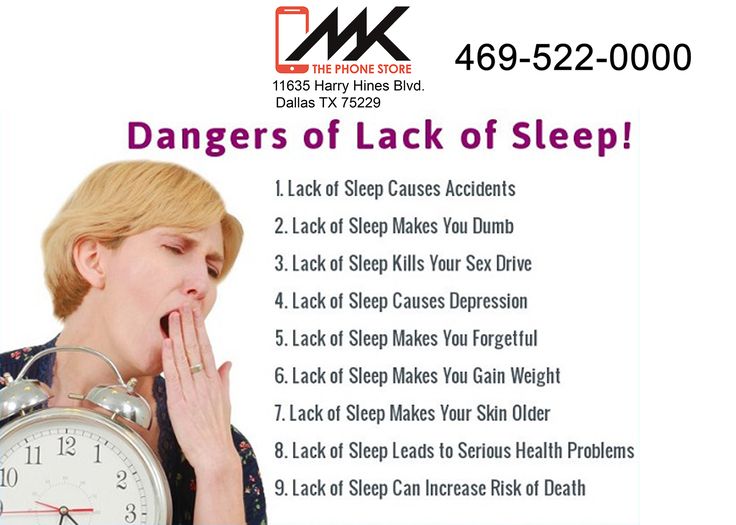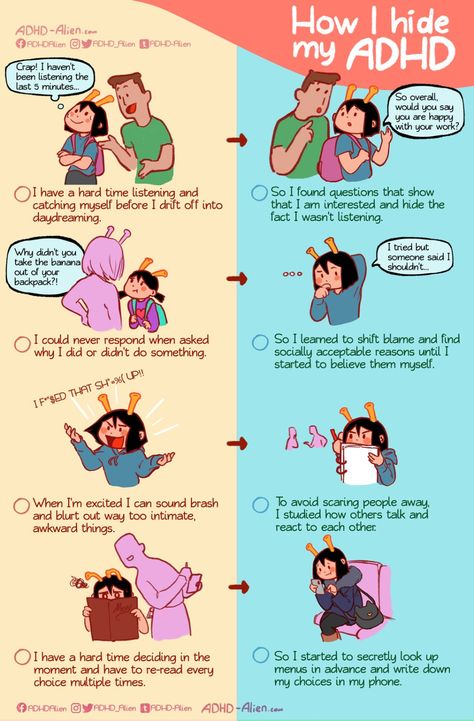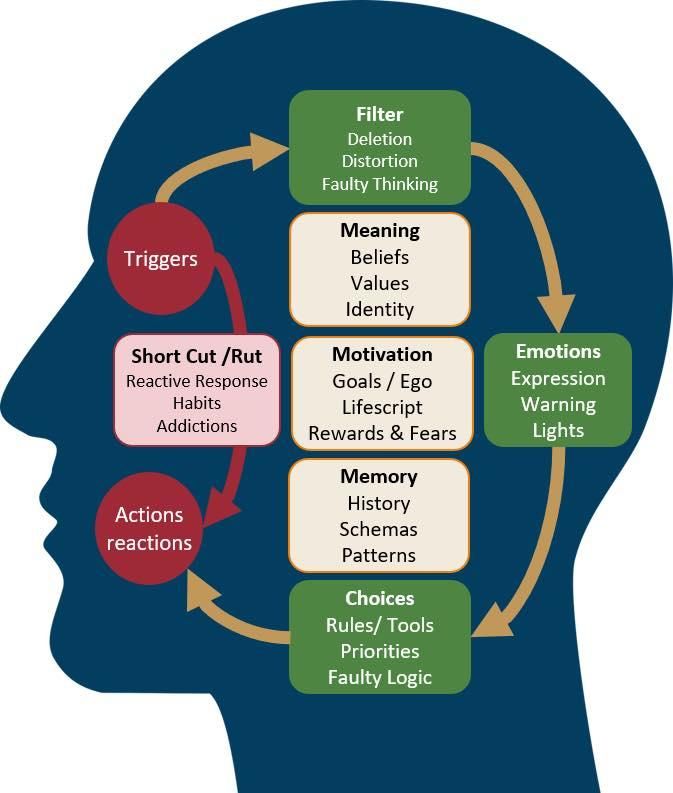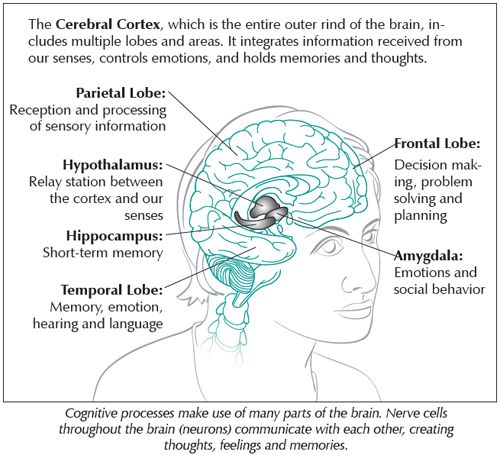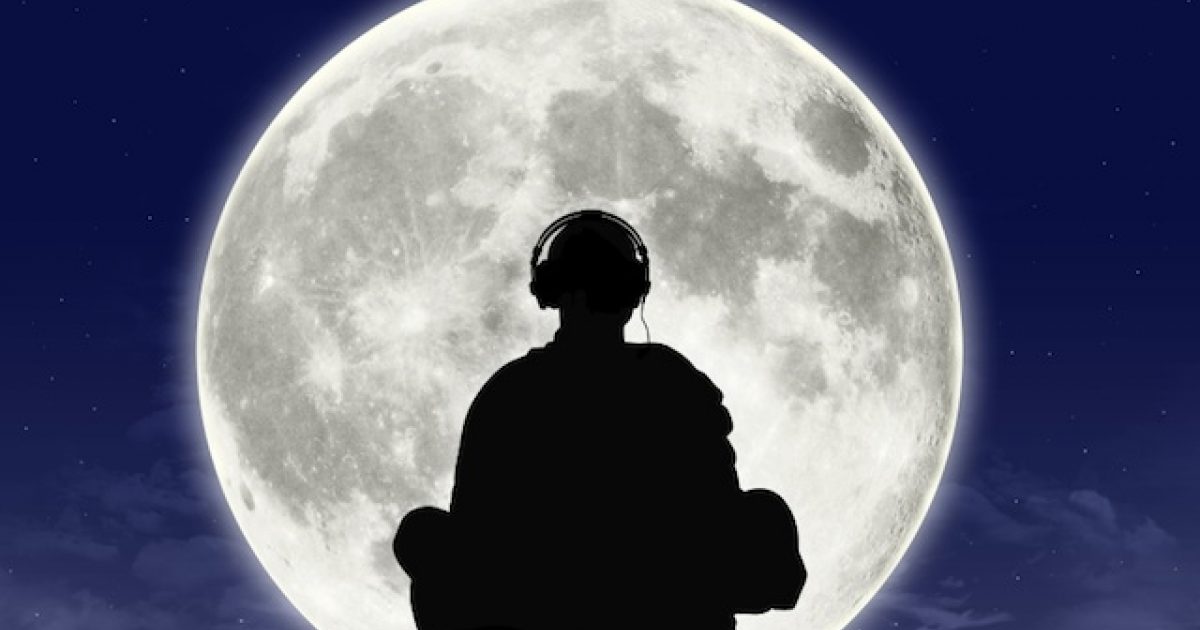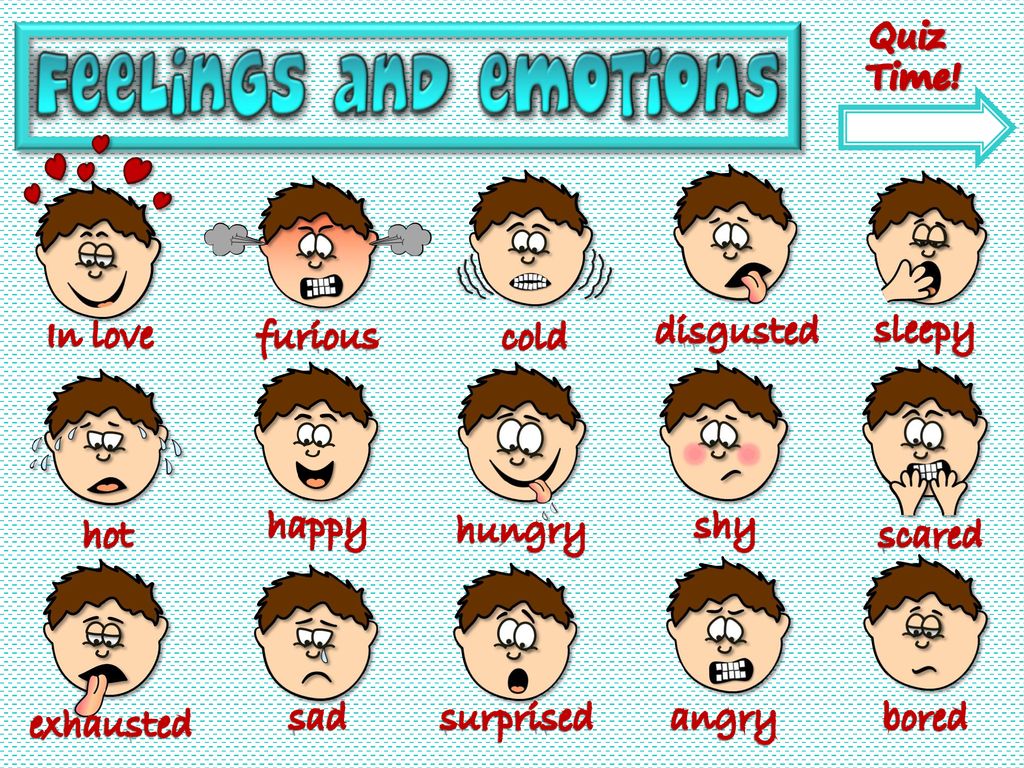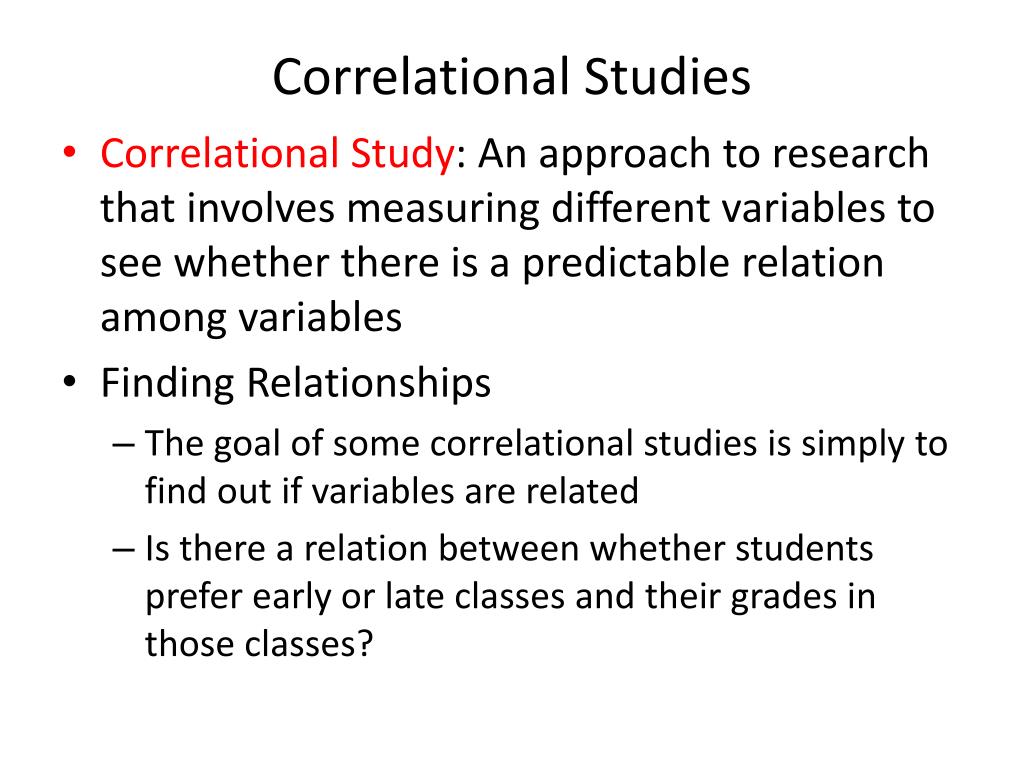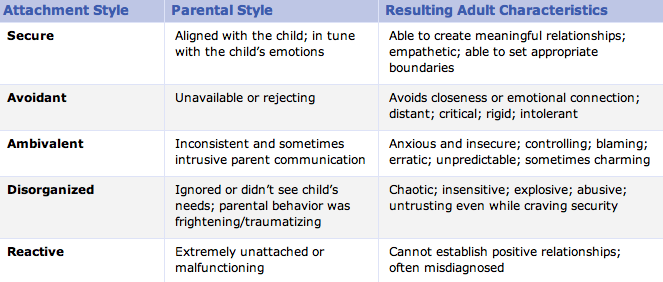Lack of sleep causing anxiety
Lack of Sleep and Anxiety: What’s The Connection?
Sleep deprivation can make you feel anxious, and anxiety can affect your sleep. Here are some ways to reduce anxiety and help you sleep more soundly.
Sleep plays an important role in your mental health. If you’ve ever been sleep-deprived, then you know how it can leave you feeling anxious and irritable the next day.
The American Academy of Sleep Medicine says that adults need at least 7 hours of sleep per day to maintain optimal health. Anything less can lead to adverse health effects, such as anxiety and depression.
If your mind is keeping you awake or you’re unable to fall asleep and stay asleep, you may have an anxiety or sleep disorder. But there are things you can do to help reduce anxiety and sleep more soundly.
“Lack of sleep and anxiety are highly connected. Those who suffer from sleep problems often have issues with anxiety,” says Dr. Julia Kogan, a health psychologist specializing in sleep and stress from Miami, Florida. “Those who have anxiety often struggle with sleep issues.”
Kogan says that when you’re not sleeping well your body releases more cortisol, a hormone associated with stress. This can cause uncomfortable symptoms, such as headaches or digestive issues, that can make you feel anxious or give you low energy due to poor sleep.
“The more activated the nervous system, the harder it is to fall asleep,” Kogan explains.
So, if you’re feeling anxious, it’s unlikely you’ll be able to fall asleep and stay asleep. This can then cause a loop where you’re not sleeping and you’re feeling more anxious. This results in even more problems with sleep, Kogan says.
If you’ve ever had a bad night’s sleep, you may have experienced a little anxiety the next day. Research shows that lack of sleep can contribute to this irritability.
A 2013 study found that sleep deprivation amplified reactions in the amygdala and anterior insula. These are parts of the brain that are associated with anxiety.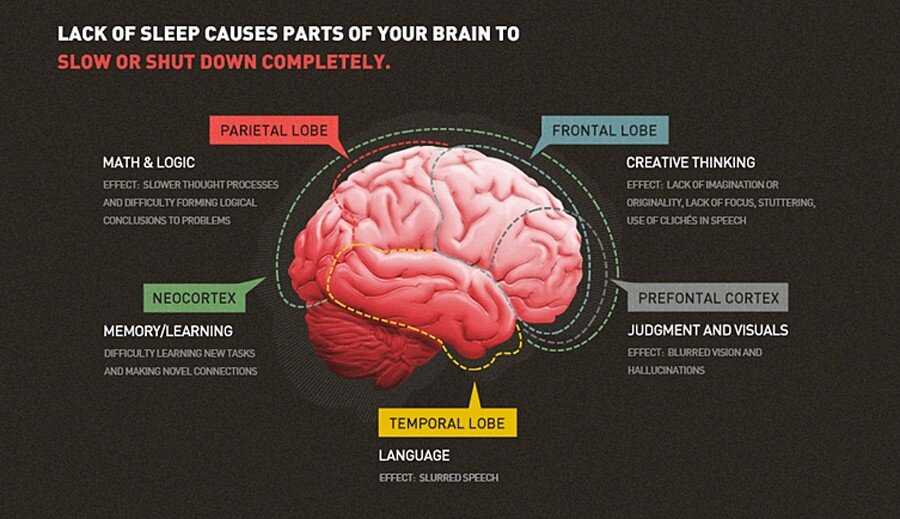
These reactions were strongest in people who displayed high levels of trait anxiety, which refers to the anxiety that’s part of your personality.
Having a lack of sleep doesn’t always mean that you’ll experience more anxiety. But the study suggests that people who are already prone to anxiety may experience a greater increase in anxiety when they’re sleep-deprived.
A 2020 study found that people who have insomnia symptoms are vulnerable to anxiety during times of stress.
According to the American Psychiatric Association, sleep difficulties can contribute to and intensify mental health conditions like depression or anxiety.
Lack of sleep increases cortisol, which can then increase anxiety, Kogan says. It’s more likely for a lack of sleep to cause anxiety when other factors are present, such as negative thought patterns or avoidance behaviors.
If someone is chronically sleep-deprived and not managing the stress that’s associated with that, it can lead to an anxiety disorder, she says.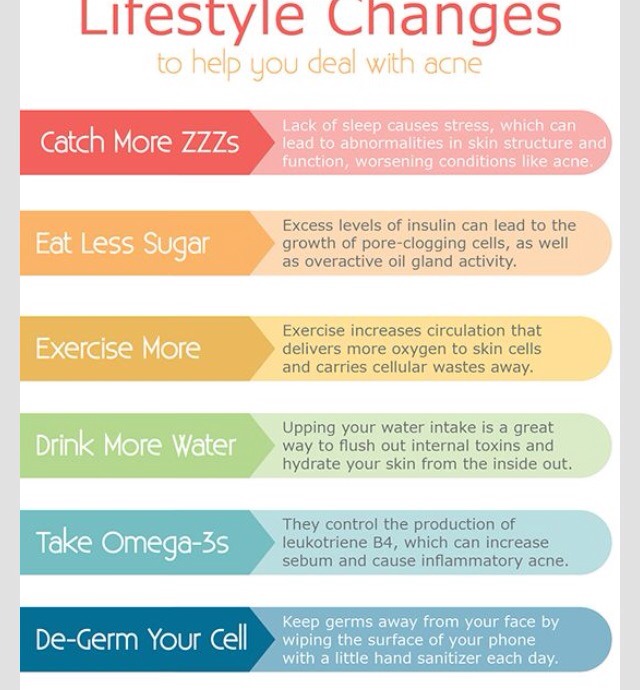
Common disorders associated with insomnia include:
- generalized anxiety disorder
- depression
- post-traumatic stress disorder (PTSD)
- panic disorder
A 2020 study of sleep disturbance in PTSD and anxiety disorders found that there’s a bidirectional connection between sleep problems and anxiety. This means that sleep disturbances can lead to anxiety, and anxiety can lead to sleep deprivation.
Sleep disturbances don’t directly cause anxiety disorders, but disturbed sleep can contributeto anxiety (and vice versa) when other factors are at play, such as:
- unhelpful thought patterns (cognitions) when you’re trying to sleep
- unhelpful beliefs about sleep itself
- the absence of good sleep hygiene
When it occurs alongside other anxiety risk factors, a lack of sleep can contribute to panic attacks. A panic attack is a sudden episode of intense fear or anxiety that occurs unexpectedly.
“Someone who is not sleeping well is more prone to physical changes related to nervous system activation,” Kogan says.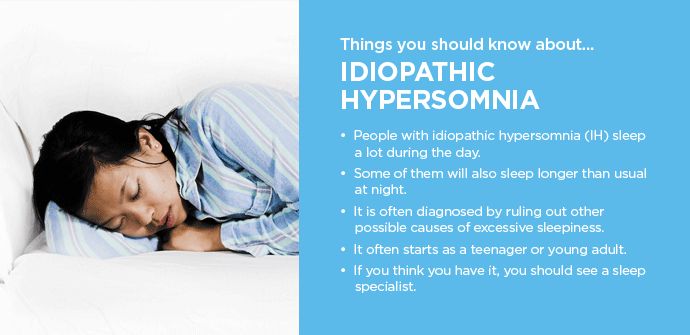
When there’s an increase in the nervous system activation, people breathe shallower and more rapidly, and this change in breathing can trigger a panic attack when the person is at risk for panic attacks.
The good news is that there are ways to help reduce anxiety and stress and sleep more soundly. Consider following these tips:
Establish a bedtime routine
Wake up and go to bed at the same time every day. Try and get the recommended 7 to 10 hours of nightly sleep and do something relaxing before bedtime, such as taking a warm bath or reading a book.
Create a sleep-friendly environment
Consider sleeping in a cool, dark, and quiet room. Try using a fan or sound machine to drown out any noise, and make sure your bedding and pillows are comfortable.
Get regular exercise
Daily exercise is good for your physical and mental health. It also helps release endorphins. You can try yoga, which has been known to reduce anxiety and stress. Make sure to limit exercise to the morning or afternoon.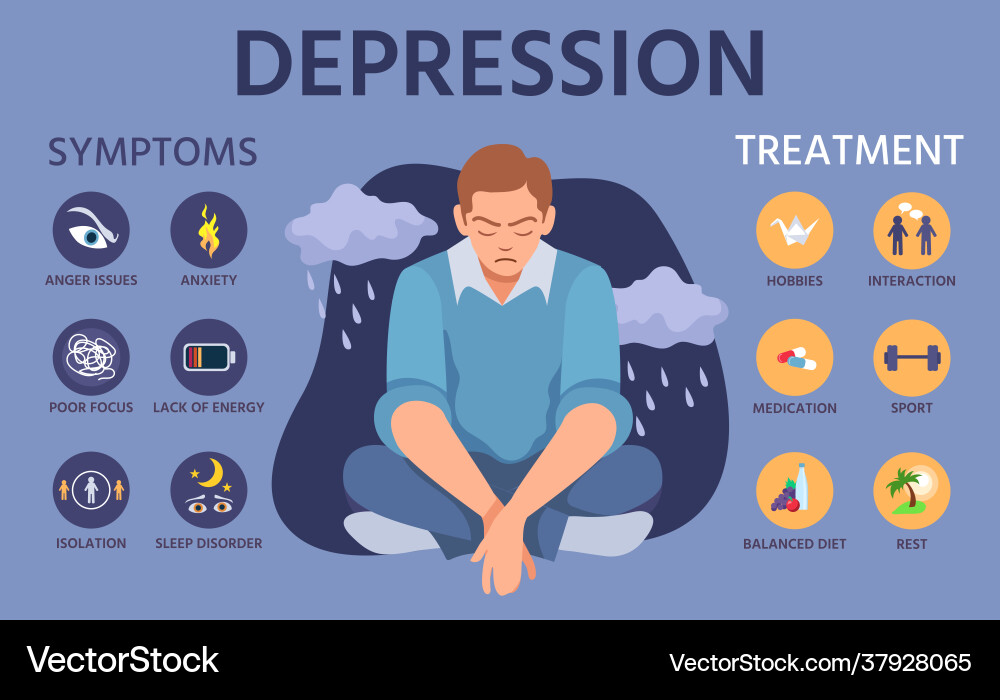
Check in about the things that may keep you awake
For many people, a major factor that interrupts sleep is worrying about how much you need to sleep or how many problems might come from not sleeping well. This pressure can (counterproductively) stop you from getting to sleep.
It can help to notice and challenge catastrophic thoughts about sleep. For instance, you might take a minute to consider: Will not getting sleep really mean I won’t be able to function the next day?
Talk with someone
If you’re still experiencing problems falling asleep, you may need a sleep remedy or a prescription. Consider talking with a doctor or therapist.
Sleep therapy, including cognitive behavioral therapy for insomnia (CBTi), can help with anxiety and sleep.
Reach out to your friends and family too and let them know how they can help.
Lack of sleep and anxiety are connected. If you have sleep problems you may have anxiety, and if you have anxiety, you may also experience sleep difficulties.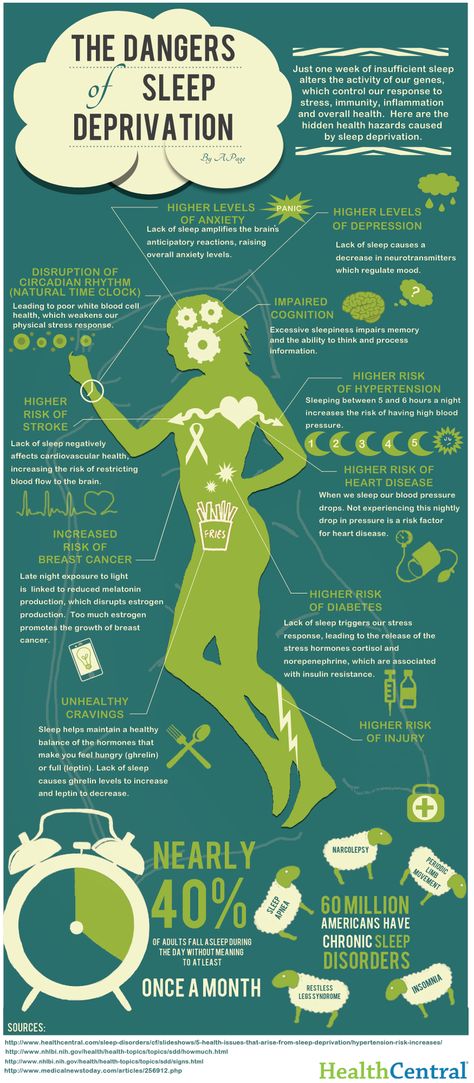
Research suggests that sleep deprivation may increase anxiety in people who are prone to anxiety and are experiencing other anxiety-related risk factors.
But there are ways to cope, such as:
- creating a bedtime routine
- making a sleep-friendly bedroom
- getting daily exercise
- talking with a therapist or friend
If lack of sleep is still causing you anxiety after you’ve tried these tips and practiced good sleep hygiene, then you may want to consider speaking with a mental health professional or sleep specialist for further care.
If you’re looking for a therapist but aren’t sure where to start, Psych Central’s How to Find Mental Health Support resource can help.
Anxiety and Sleep | Sleep Foundation
Anxiety is frequently connected to sleeping problems. Excess worry and fear make it harder to fall asleep and stay asleep through the night. Sleep deprivation can worsen anxiety, spurring a negative cycle involving insomnia and anxiety disorders.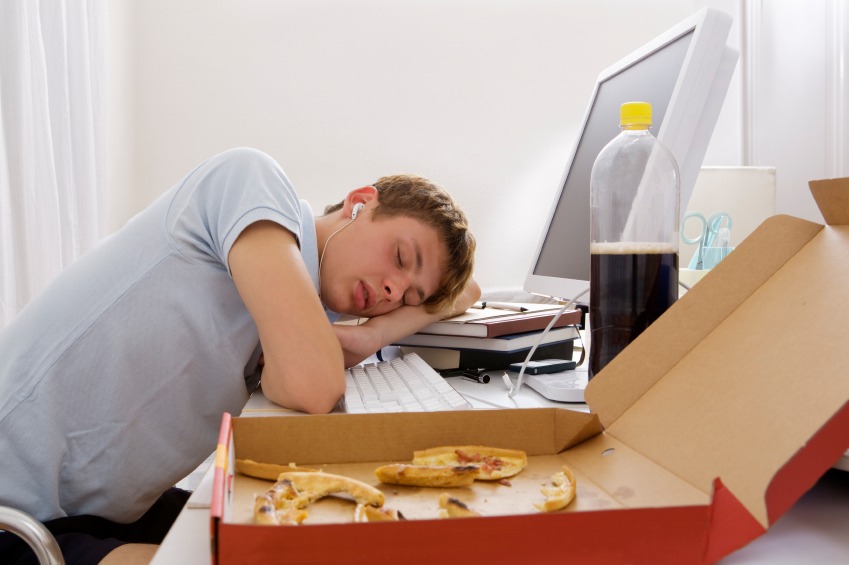
Anxiety disorders are the most common mental health problem in the United States, and insufficient sleep is known to have sweeping negative implications for overall health. As a result, understanding and addressing the links between anxiety and sleep can be fundamental to physical and emotional wellness.
What Is Anxiety? What Are Anxiety Disorders?
Anxiety is a feeling of worry and unease. It’s normal to experience anxiety occasionally in response to fearful or stressful situations.
In anxiety disorders Trusted Source National Institute of Mental Health (NIMH) The NIMH is the lead federal agency for research on mental disorders.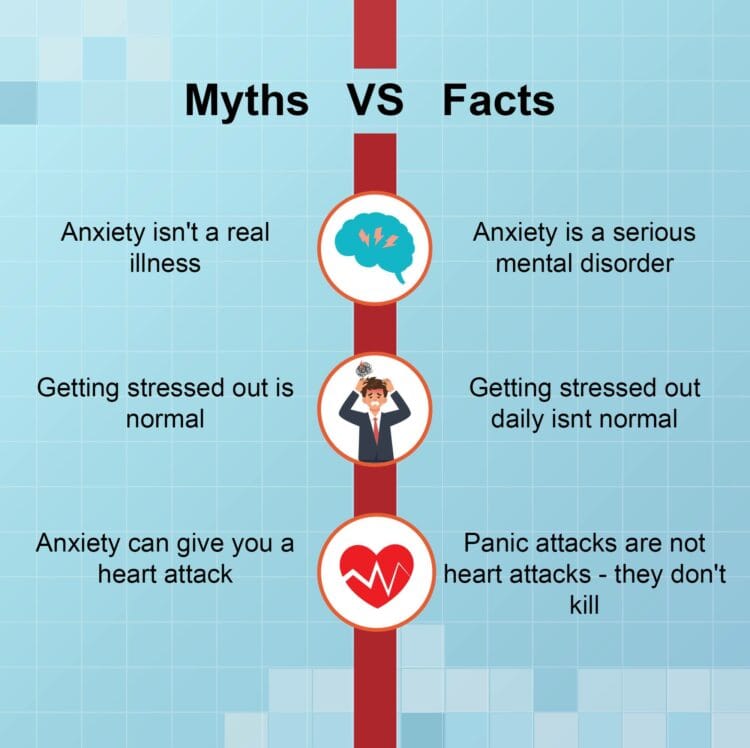 View Source , this distress becomes excessive. Fears are not proportional to the situation, and worrying interferes with everyday life. These feelings become persistent, occurring most days for a period of six months or more.
View Source , this distress becomes excessive. Fears are not proportional to the situation, and worrying interferes with everyday life. These feelings become persistent, occurring most days for a period of six months or more.
What Does Anxiety Feel Like?
The symptoms of anxiety disorders can affect people both emotionally and physically.
People with anxiety may feel extremely nervous and on-edge. This can affect their concentration and mood, leading to irritability and restlessness. Their fear or sense of impending doom can feel overwhelming and out-of-control.
Physically, anxiety disorders can provoke tense muscles, rapid breathing and heartbeat, sweating, trembling, gastrointestinal distress, and fatigue.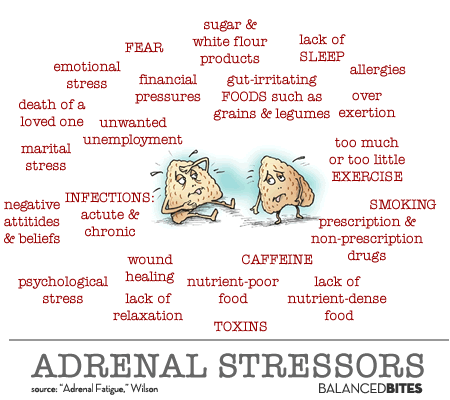
Many people with anxiety disorders attempt to avoid situations that could trigger heightened worry; however, this does not resolve their underlying fear and can interrupt both professional and personal activities. Over time, a person with anxiety disorder may get used to being worried such that a state of distress or fear seems normal.
Anxiety disorders can occur alongside other mental health problems like depression. According to the Anxiety and Depression Association of America (ADAA) Trusted Source Anxiety and Depression Association of America (ADAA) ADAA's mission focuses on improving quality of life for those with anxiety, depression, OCD, PTSD, and co-occurring disorders through education, practice, and research.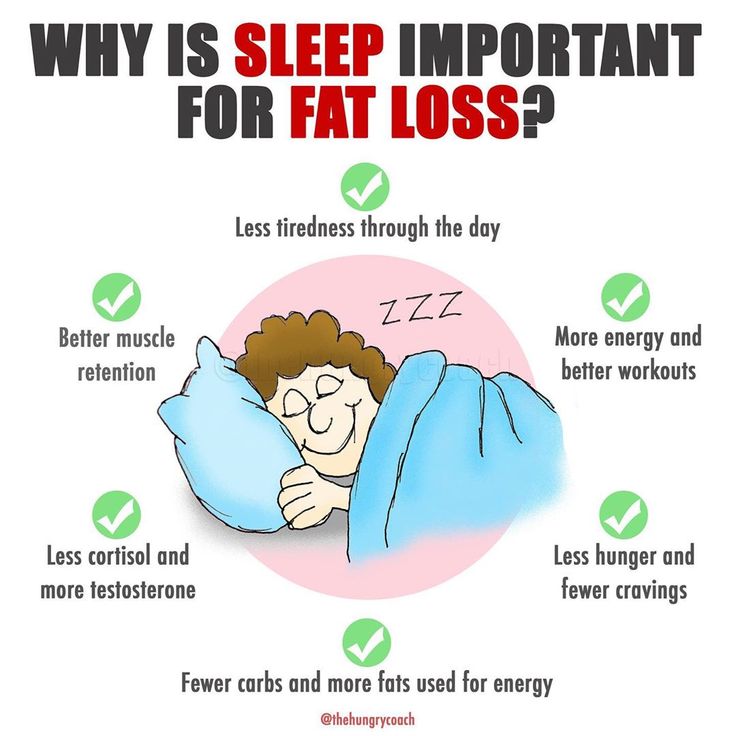 View Source , nearly 50% of people with depression are also diagnosed with an anxiety disorder.
View Source , nearly 50% of people with depression are also diagnosed with an anxiety disorder.
What Are the Types of Anxiety Disorders?
Anxiety is a core element of a number of specific disorders, although not all are categorized strictly as anxiety disorders.
- Generalized Anxiety Disorder (GAD): People with GAD have significant, looming worries about many different things that can cause an overarching sense of anxiety.
- Panic Disorder: Extremely intense episodes of fear, known as panic attacks, that usually last for a few minutes at a time are the defining feature of Panic Disorder.
- Social Anxiety Disorder: This disorder involves an extreme fear of social settings and potential embarrassment in front of other people.

- Specific Phobias: Specific phobias are intense fears caused by particular triggers. Some of the most common specific phobias include agoraphobia (a fear of open or enclosed spaces, being in a crowd, or being outside or home alone) and separation anxiety.
- Obsessive-Compulsive Disorder (OCD): In OCD, a person obsesses about an issue in a negative way such that it provokes anxiety, and this causes a compulsion, which is their attempt to control or eliminate that anxiety. Compulsions are repeated ritually and can directly impact everyday activities.
- Post-traumatic Stress Disorder (PTSD): This condition can arise after a person is exposed to a painful or disturbing situation. People with PTSD may relive the stressful event, feel on-edge, and have potentially debilitating anxiety.
How Common Are Anxiety Disorders?
Anxiety disorders are the most common type of mental illness, affecting the lives of around 20% of American adults Trusted Source NIH News in Health The NIH, a part of the U. S. Department of Health and Human Services, is the nation’s medical research agency — making important discoveries that improve health and save lives. View Source and 25% of teenagers each year.
S. Department of Health and Human Services, is the nation’s medical research agency — making important discoveries that improve health and save lives. View Source and 25% of teenagers each year.
| Adults Affected in U.S. | Percentage of U.S. Adult Population | |
|---|---|---|
| Generalized Anxiety Disorder | 6.8 million | 3.1% |
| Panic Disorder | 6 million | 2.7% |
| Social Anxiety Disorder | 15 million | 6.8% |
| Specific Phobias | 2.2 million | 1% |
| Post-traumatic Stress Disorder | 7.7 million | 3.5% |
Not all people with anxiety disorders have the same degree of symptoms or impact from anxiety on their everyday life.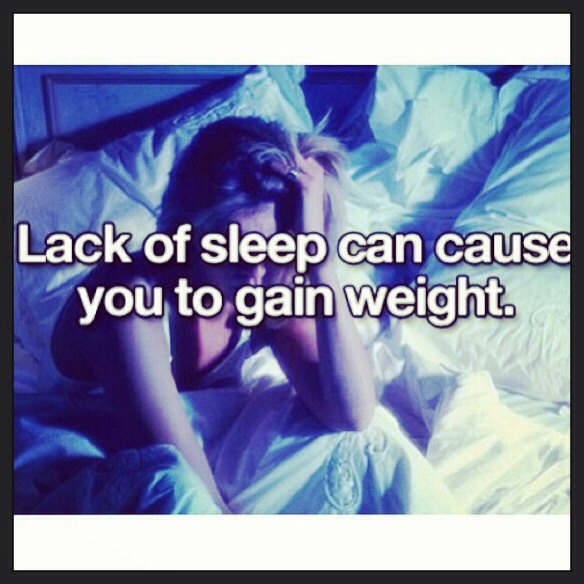 In one large survey, around 43% of adults Trusted Source National Institute of Mental Health (NIMH) The NIMH is the lead federal agency for research on mental disorders. View Source described having mild impairment of their life from anxiety.
In one large survey, around 43% of adults Trusted Source National Institute of Mental Health (NIMH) The NIMH is the lead federal agency for research on mental disorders. View Source described having mild impairment of their life from anxiety.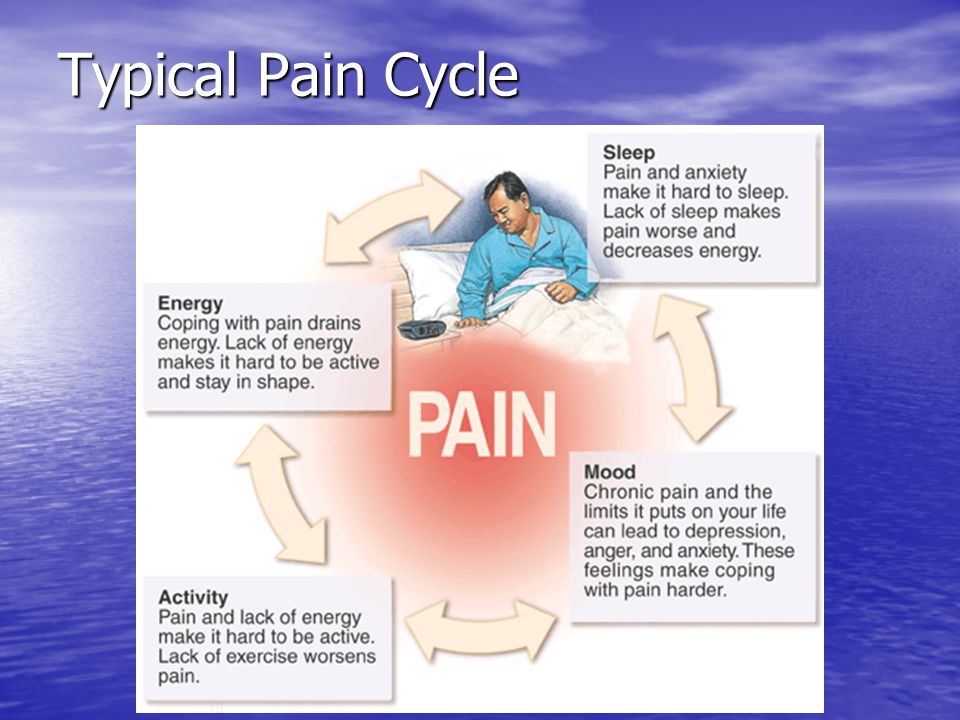 Around 33% said it was moderate, and nearly 23% said it was severe.
Around 33% said it was moderate, and nearly 23% said it was severe.
What Causes Anxiety Disorders?
The exact cause of anxiety is unknown. In fact, researchers believe that there is not one single cause but rather an interplay of factors that include a person’s genetics, family history, and exposure to negative life events. Some health problems and drugs can also contribute to symptoms of anxiety.
What Is the Relationship Between Anxiety and Sleep?
Serious sleep disturbances, including insomnia, have long been recognized as a common symptom of anxiety disorders. People who are plagued with worry often ruminate about their concerns in bed, and this anxiety at night can keep them from falling asleep.
In fact, a state of mental hyperarousal, frequently marked by worry, has been identified as a key factor behind insomnia. People with anxiety disorders are inclined to have higher sleep reactivity, which means they are much more likely to have sleeping problems when facing stress.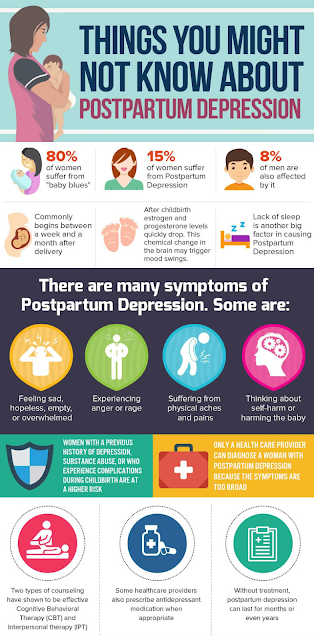
Sleeping difficulties have been found for people with various types of anxiety including generalized anxiety disorder, OCD, and PTSD. In several studies, over 90% of people with PTSD associated with military combat Trusted Source National Center for PTSD The mission of the National Center for PTSD is to advance the clinical care and social welfare of America's Veterans and others who have experienced trauma, or who suffer from PTSD, through research, education, and training in the science, diagnosis, and treatment of PTSD and stress-related disorders.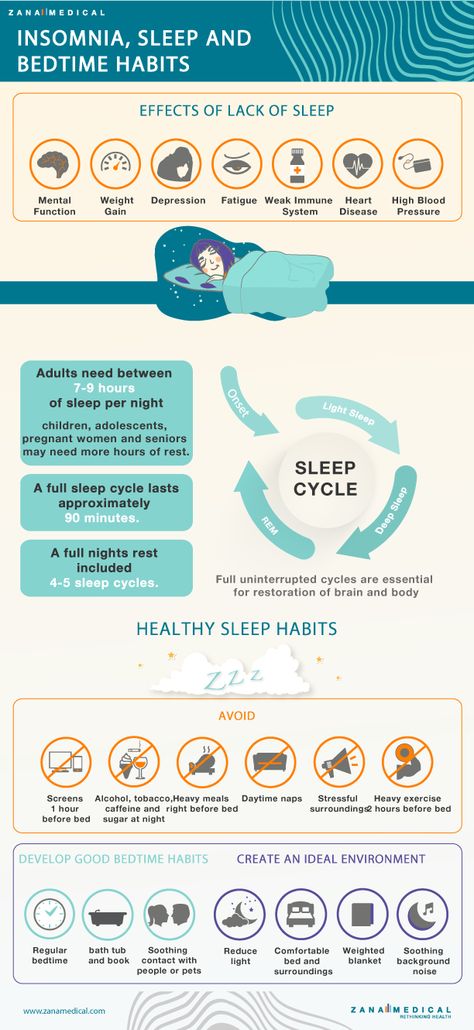 View Source have reported symptoms of insomnia.
View Source have reported symptoms of insomnia.
Distress about falling asleep can itself complicate matters, creating a sleep anxiety that reinforces a person’s sense of dread and preoccupation. These negative thoughts about going to bed, a type of anticipatory anxiety, can create challenges to healthy sleep schedules and routines.
Connections have been found between anxiety disorders and changes in a person’s sleep cycles. Research indicates that anxiety and pre-sleep rumination may affect rapid eye movement (REM) sleep, which involves the most vivid dreaming. Anxiety may provoke more disturbing dreams and create a higher likelihood of sleep disruptions. Nightmares may reinforce negative associations and fear around going to sleep.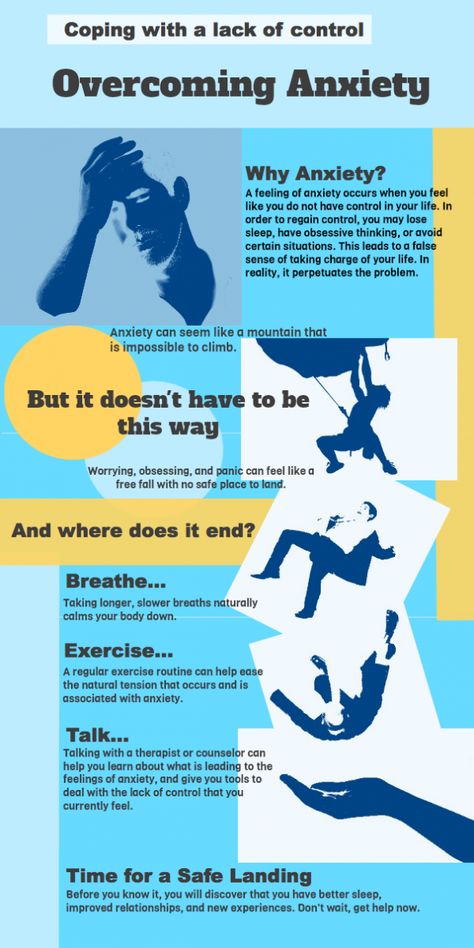
At the same time, strong evidence indicates that sleeping problems are not only a symptom of anxiety. Instead, sleep deprivation can instigate or worsen anxiety disorders. Researchers have found that people who are prone to anxiety are especially sensitive to the effects of insufficient sleep, which can provoke symptoms of anxiety.
Lack of sleep is known to affect mood and emotional health, which may exacerbate the challenges posed by anxiety disorders. The bidirectional relationship means that anxiety and sleep deprivation can be self-reinforcing; worrying causes poor sleep, contributing to greater anxiety and further sleep difficulties.
Depression, which is also known to negatively affect sleep, can further complicate the situation, creating additional barriers to quality sleep in people who have both depression and anxiety.
People with obstructive sleep apnea (OSA), a sleep disorder that causes repeated lapses in breathing and interrupted sleep, have been found to have higher rates of mental health problems, including depression, anxiety, and panic disorder.
How to Fall Asleep with Anxiety
Although the impacts of anxiety disorders can be substantial, they are one of the most treatable mental health disorders. This doesn’t mean that reducing anxiety is always simple, but there are treatments that can help.
Any person who has persistent or significant anxiety and/or sleeping problems should talk with a doctor who can best assess their situation and discuss the benefits and downsides of the potential treatment options in their case.
Cognitive behavioral therapy (CBT) is a common treatment for anxiety disorders. It is a type of talk therapy that works to reorient negative thinking, and it has had success in decreasing anxiety. Studies have found that CBT can often reduce anxiety even in people who have insomnia Trusted Source National Library of Medicine, Biotech Information The National Center for Biotechnology Information advances science and health by providing access to biomedical and genomic information. View Source . Addressing anxiety can pave the way for better sleep, but severe cases of insomnia may persist after CBT for anxiety. CBT for insomnia (CBT-I) may be a useful next step in these cases.
View Source . Addressing anxiety can pave the way for better sleep, but severe cases of insomnia may persist after CBT for anxiety. CBT for insomnia (CBT-I) may be a useful next step in these cases.
Several different types of medications are approved to treat anxiety disorders including anti-anxiety drugs, antidepressants, and beta-blockers. These medications are intended to mitigate symptoms rather than cure the underlying anxiety.
Because of the multifaceted relationship between anxiety and sleep, getting better rest may help combat feelings of anxiety. Building healthy sleep habits can make going to bed a more pleasant experience and facilitate a consistent routine to enhance sleep.
Both your sleep habits and environment are part of sleep hygiene.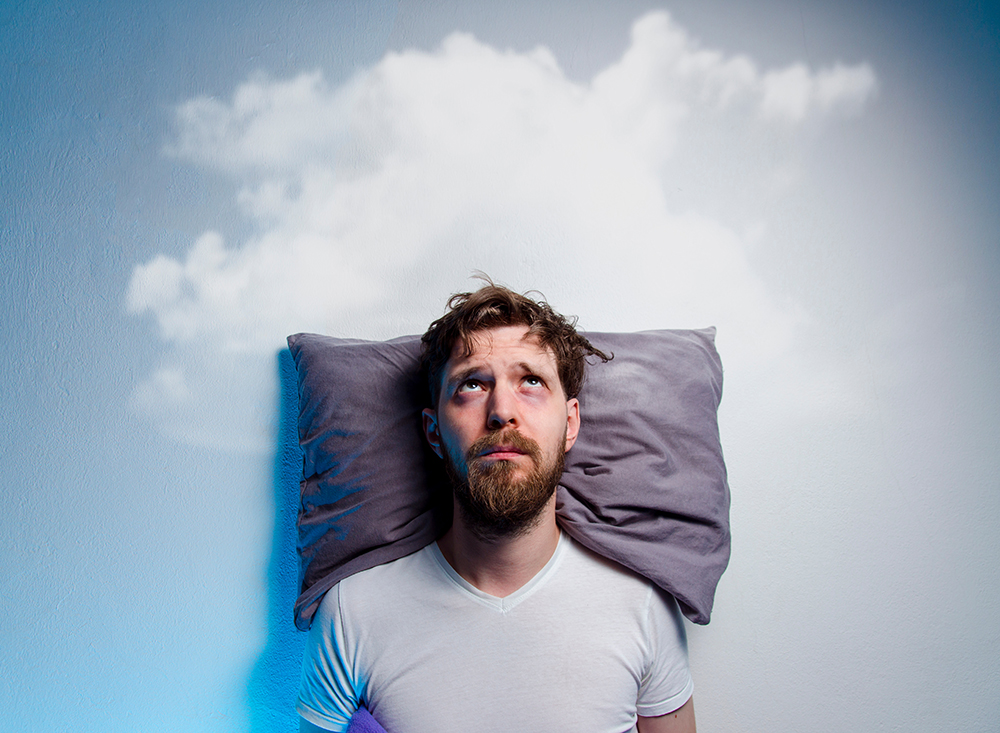 Steps to improve sleep hygiene include making your bed more comfortable, eliminating sources of sleep disruption like light and noise, and avoiding caffeine and alcohol in the afternoon and evening.
Steps to improve sleep hygiene include making your bed more comfortable, eliminating sources of sleep disruption like light and noise, and avoiding caffeine and alcohol in the afternoon and evening.
Trying relaxation techniques can help identify ways to get rid of anxiety and make it easier to fall asleep quickly and peacefully. Relaxation exercises may be a component of CBT and can break the cycle of worry and rumination. You may also want to try scheduling times to actively worry, as this may eliminate worrying time as you lay down for sleep. Deep breathing, mindfulness meditation, and guided imagery are just a few approaches to relaxation that can help put your mind at-ease before bed or if you wake up during the night.
Related News
Sleep disturbance in anxiety disorders
Anxiety is often associated with sleep problems. Excessive anxiety and fear not only make it difficult to fall asleep, but also disrupt sleep during the night.
Contents
- What is anxiety and anxiety disorders?
- What does anxiety look like?
- What is the relationship between anxiety and sleep?
- How to reduce anxiety and sleep better?
In turn, sleep deprivation can exacerbate anxiety by triggering a negative cycle involving insomnia and anxiety disorders, whereby understanding and addressing the relationship between anxiety and sleep can be fundamental to physical and emotional well-being.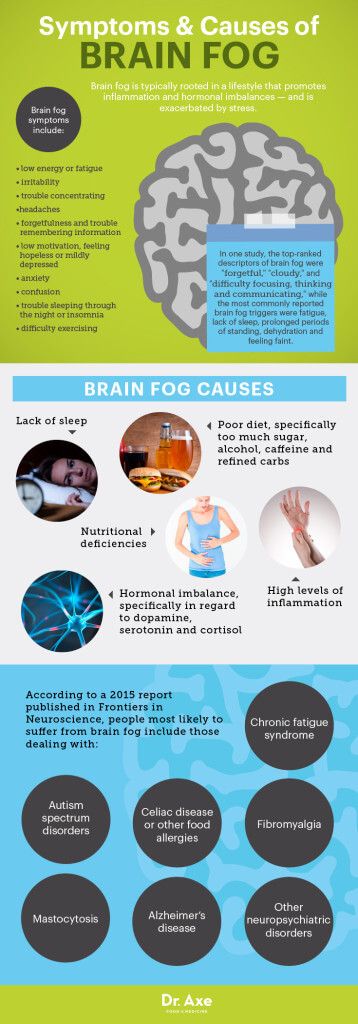
What is anxiety and anxiety disorders?
Anxiety is a feeling that all people experience from time to time in response to a stressful situation, and this is quite normal. But in anxiety disorders, this distress becomes extreme. Fears are disproportionate to the situation and anxiety begins to interfere with daily life. These sensations become stable and occur on most days for six months or more.
What does anxiety look like?
The symptoms of an anxiety disorder can affect a person both emotionally and physically. People who suffer from anxiety can become very nervous, and this affects their concentration and mood, which eventually leads to constant irritation, fear, and a sense of danger can sometimes seem overwhelming and uncontrollable. Physical anxiety disorders can cause muscle tension, rapid breathing and heart rate, sweating, trembling, gastrointestinal disturbances, and fatigue.
What is the relationship between anxiety and sleep?
Severe sleep disturbances, including insomnia, have long been recognized as a common symptom of an anxiety disorder.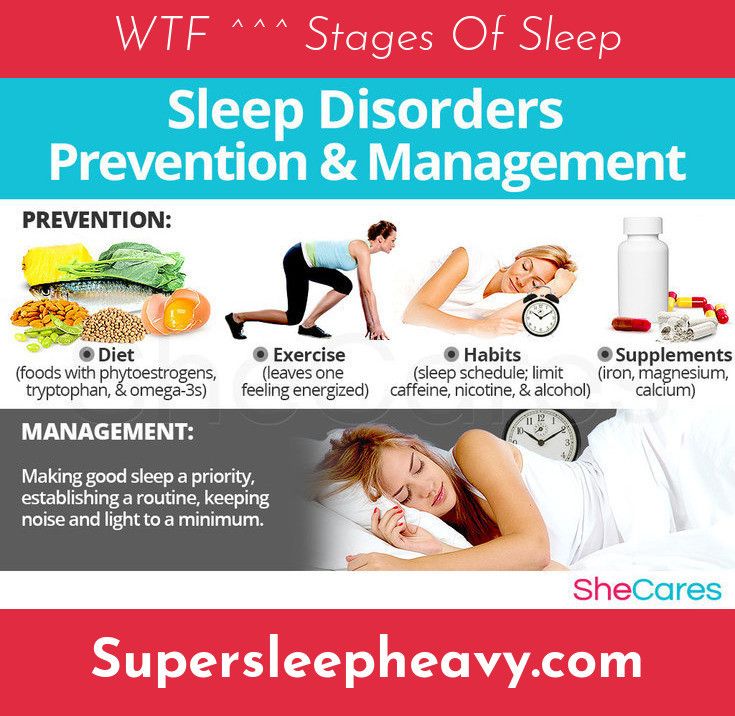 A person who is worried about something often thinks about his problems in bed, and this anxiety at night can prevent falling asleep. In fact, a state of mental hyperarousal, which is often accompanied by anxiety, has been identified as a major factor in insomnia. People with anxiety disorders are subject to higher sleep reactivity, meaning they are much more likely to have trouble sleeping. Of note, sleep problems have been found in people with various types of anxiety, including generalized anxiety disorder and post-traumatic stress disorder. Several studies over 90% of people with combat-related post-traumatic stress disorder reported symptoms of insomnia. Trouble falling asleep can also complicate the situation, causing anxiety during sleep, increasing a person's feelings of fear and anxiety. These negative thoughts during sleep, a kind of anxious anticipation, can create problems for a healthy sleep routine. Even after falling asleep, a person may wake up in the middle of the night with a feeling of anxiety, and falling asleep again can be quite problematic if the feeling of anxiety returns to him again.
A person who is worried about something often thinks about his problems in bed, and this anxiety at night can prevent falling asleep. In fact, a state of mental hyperarousal, which is often accompanied by anxiety, has been identified as a major factor in insomnia. People with anxiety disorders are subject to higher sleep reactivity, meaning they are much more likely to have trouble sleeping. Of note, sleep problems have been found in people with various types of anxiety, including generalized anxiety disorder and post-traumatic stress disorder. Several studies over 90% of people with combat-related post-traumatic stress disorder reported symptoms of insomnia. Trouble falling asleep can also complicate the situation, causing anxiety during sleep, increasing a person's feelings of fear and anxiety. These negative thoughts during sleep, a kind of anxious anticipation, can create problems for a healthy sleep routine. Even after falling asleep, a person may wake up in the middle of the night with a feeling of anxiety, and falling asleep again can be quite problematic if the feeling of anxiety returns to him again.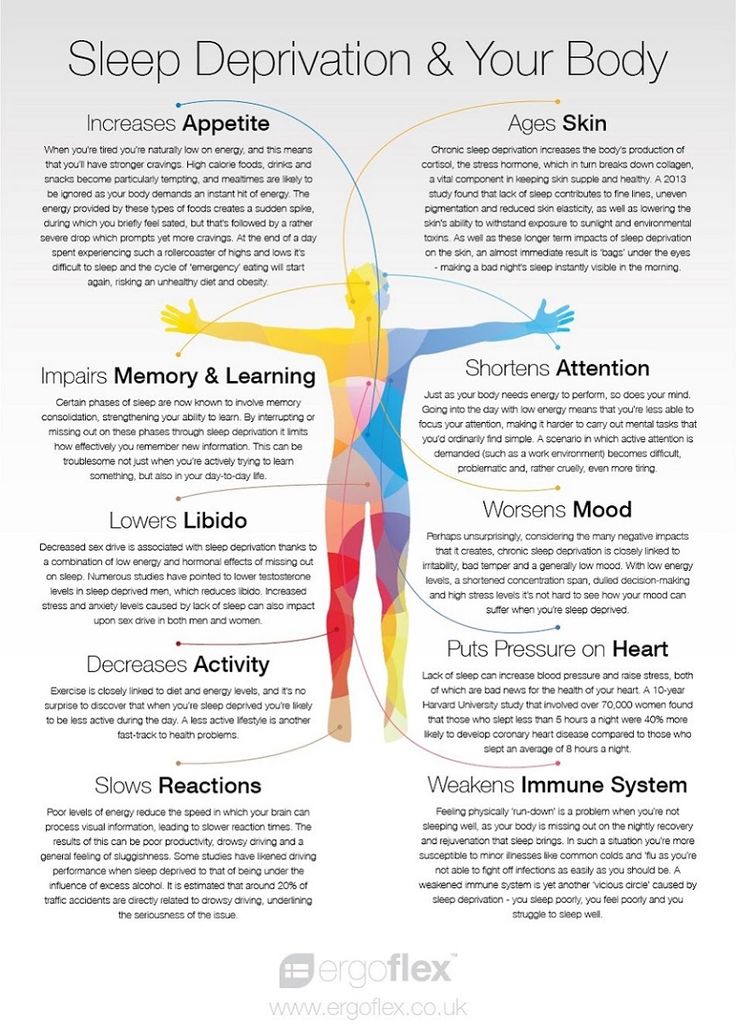
Ultimately, this can lead to sleep fragmentation, reducing both the quantity and quality of sleep. The link between anxiety disorder and changes in sleep cycles has been identified by the National Center for Biotechnology Information. Research has shown that anxiety and ruminating before bed can affect eye movement REM sleep, including vivid dreams. Anxiety can trigger nightmares and increase the likelihood of sleep disturbances. Nightmares can reinforce negative associations and fear of sleep. At the same time, strong evidence indicates that sleep problems are not just a symptom of anxiety. Studies have shown that people who are prone to anxiety are particularly sensitive to the effects of insufficient sleep, which affects their mood and emotional health. The bidirectional relationship means that anxiety and sleep deprivation can reinforce each other. Anxiety is caused by poor sleep, which increases anxiety, and as a result, sleep problems become global.
Depression, which is known to negatively affect sleep, can further complicate the situation by creating additional barriers to quality sleep for both those suffering from depression and those with an anxiety disorder.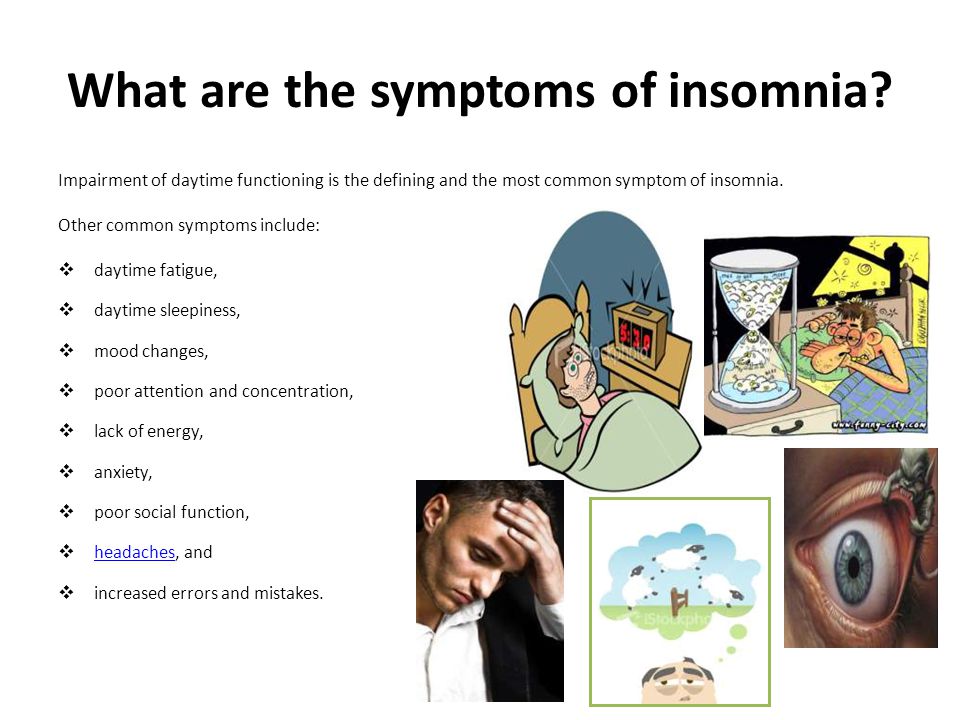 People with obstructive sleep apnea, a sleep disorder that results in repetitive breath holding and interrupted sleep, have been found to have a higher rate of mental health problems, including depression and panic disorder.
People with obstructive sleep apnea, a sleep disorder that results in repetitive breath holding and interrupted sleep, have been found to have a higher rate of mental health problems, including depression and panic disorder.
How to reduce anxiety and sleep better?
While the consequences of anxiety disorder can be significant, it is one of the most treatable mental health disorders of all. Any person who has persistent and significant sleep disturbance or problems should speak with a physician who can assess the situation and discuss the advantages and disadvantages of potential treatment options in a particular case.
Cognitive behavioral therapy is one of the most widely used treatments. This is a type of talking therapy that helps refocus negative thinking and helps reduce anxiety. Studies have proven that cognitive behavioral therapy can reduce anxiety even in people who suffer from insomnia. Also, eliminating excessive anxiety can open the way to better sleep, but severe cases of insomnia are not always correctable with cognitive behavioral therapy alone.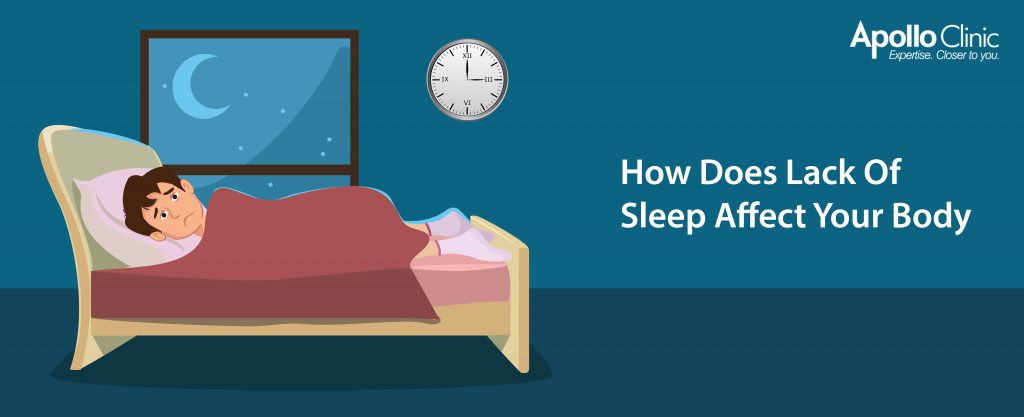 In such cases, several different types of drugs are used for treatment, including sedatives, antidepressants, and beta-blockers. These medications are meant to relieve symptoms, not treat the underlying anxiety disorder. Through the multifaceted relationship between anxiety and sleep, good rest can help combat feelings of anxiety. Also, developing healthy sleep habits can make sleep more enjoyable and simplify your regular daily routine to improve it. Both sleep and the environment of a person is part of sleep hygiene, and in order to improve it, it is necessary:
In such cases, several different types of drugs are used for treatment, including sedatives, antidepressants, and beta-blockers. These medications are meant to relieve symptoms, not treat the underlying anxiety disorder. Through the multifaceted relationship between anxiety and sleep, good rest can help combat feelings of anxiety. Also, developing healthy sleep habits can make sleep more enjoyable and simplify your regular daily routine to improve it. Both sleep and the environment of a person is part of sleep hygiene, and in order to improve it, it is necessary:
- make the bed more comfortable;
- eliminate sources of sleep disturbance such as light, noise;
- Avoid caffeine and alcohol during the day and evening.
The use of relaxation techniques can also help you find ways to get rid of anxiety and help you fall asleep quickly and peacefully. In addition, relaxation exercises, deep breathing, and meditation can be an integral part of CBT and can break the cycle of worry and rumination.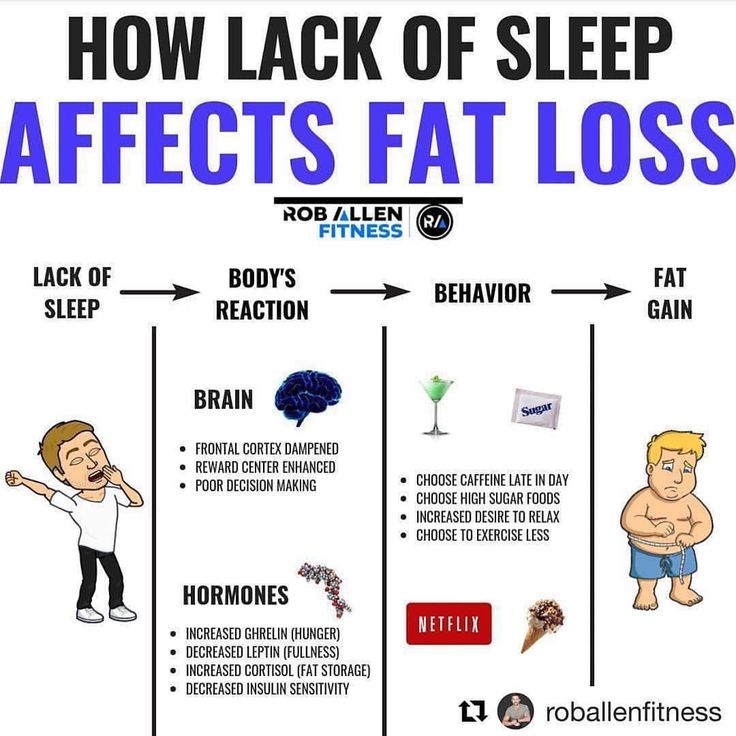
Online sources:
https://www.sleepfoundation.org/mental-health/anxiety-and-sleep
https://www.nimh.nih.gov/health/topics/anxiety-disorders/index. shtml
to the list of articlesFind a doctor
A sleepless night caused the prefrontal cortex to increase anxiety
American psychologists have found that one sleepless night can significantly increase the level of anxiety. To do this, they conducted an experiment in which they asked volunteers to either stay up all night or sleep normally, and then tracked their brain activity in response to frightening videos. It turned out that increased anxiety after a sleepless night is accompanied by a decrease in the activity of the medial prefrontal cortex and a weakening of the connection between it and the brain regions responsible for processing emotions. At the same time, a prolonged phase of non-REM sleep helps to reduce anxiety, in particular, accompanied by brain activity in the range from 0. 5 to 4 Hertz, scientists write in the journal Nature Human Behavior .
5 to 4 Hertz, scientists write in the journal Nature Human Behavior .
One of the most common symptoms of anxiety and anxiety disorder is sleep problems. Unlike depressive states, which can be accompanied by both insomnia and hypersomnia, anxious people in most cases have a lack of sleep. Also, despite the fact that it is anxiety that most often causes insomnia, and not vice versa, the lack of normal sleep can exacerbate the disorder, so it is very important to accurately understand all aspects of this connection - for example, to find the most effective treatment.
Psychologists led by Matthew Walker from the University of California at Berkeley decided to look into the issue in more detail. They conducted a series of experiments to test the neural mechanisms involved in sleep deprivation anxiety and assess the role that slow-wave sleep plays in relieving the disorder. In addition, the authors examined how sleep patterns affect anxiety symptoms in a small, long-term study.
The first experiment involved 18 people who had to spend a week of a sleepless night in the laboratory (daily lack of sleep) and their usual night with the usual amount of sleep - for the latter they were provided with an outpatient polysomnograph. In the morning, the scientists studied the brain activity using fMRI: the participants were shown several videos that should cause disgust or anxiety. When studying activity, the researchers focused on areas commonly associated with anxiety: the insula and amygdala (responsible for processing emotions), as well as the anterior cingulate and prefrontal cortex (involved in cognitive control). In addition, participants completed a standardized anxiety questionnaire.
At baseline levels of anxiety after a sleepless night, participants experienced a significant increase in anxiety (p = 0.008), as well as a significant difference from anxiety after nights with a normal amount of sleep (p = 0.009). Watching the video increased activity in the amygdala and insula, and decreased activity in the prefrontal cortex.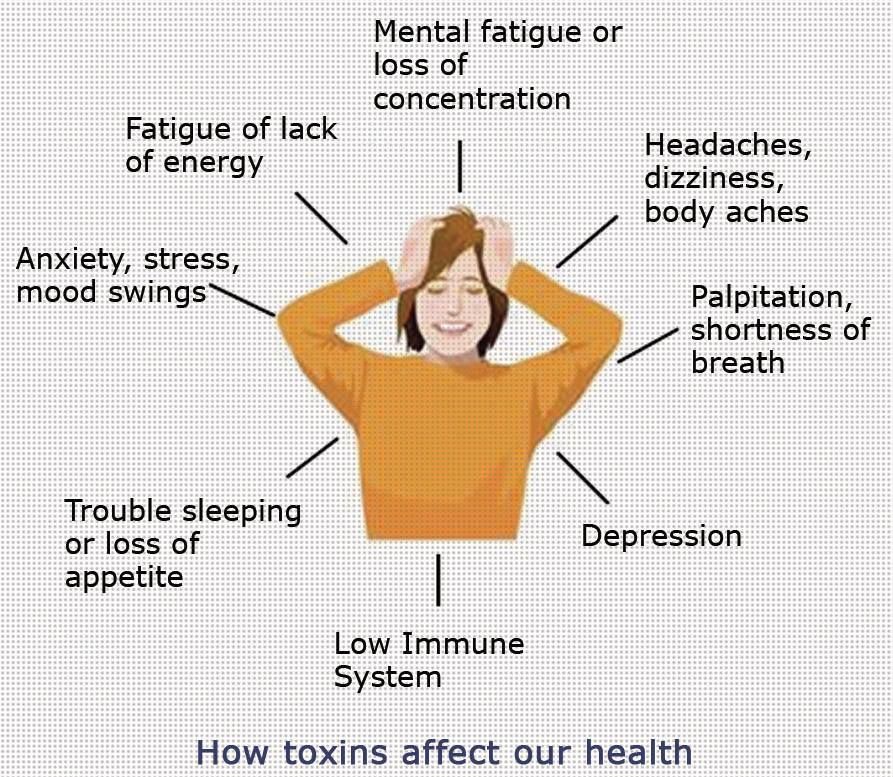 The activity of the anterior cingulate cortex did not change significantly. The main effect of lack of sleep on anxiety seems to be regulated by reduced activity in the prefrontal cortex, which is associated with reduced cognitive control, and increased activity in areas that are responsible for emotional processing, as well as impaired communication between these regions.
The activity of the anterior cingulate cortex did not change significantly. The main effect of lack of sleep on anxiety seems to be regulated by reduced activity in the prefrontal cortex, which is associated with reduced cognitive control, and increased activity in areas that are responsible for emotional processing, as well as impaired communication between these regions.
To check how anxiety levels are affected by sleep characteristics, scientists analyzed its individual phases. It turned out that a long duration of the non-REM sleep phase has a positive effect on reducing anxiety, and brain activity in the range from 0.5 to 4 Hertz was also associated with it. In addition, in the morning after normal sleep, increased (p = 0.01) activity of the prefrontal cortex was observed, which, apparently, indicates that sleep in the slow phase restores the activity of this zone, which leads to reduced anxiety. The results of this experiment were then reproduced on 32 more participants - they did not sleep at home, but in the laboratory.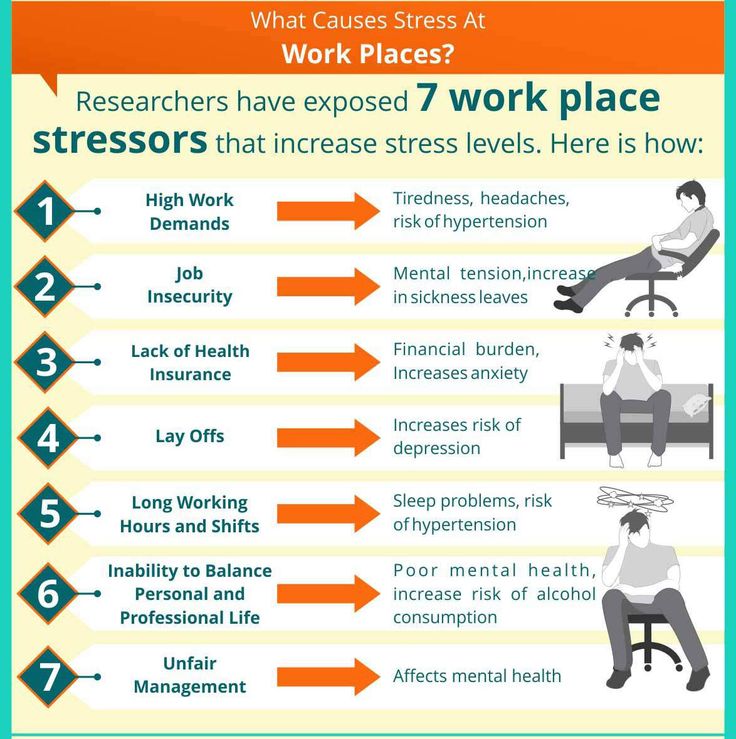
To test whether there is a short-term relationship between anxiety and sleep quality (that is, whether lack of sleep can increase anxiety the next day), researchers conducted an online survey among 280 people: they were asked to complete a questionnaire on the quality of their sleep within four days and a questionnaire for anxiety symptoms. It turned out that the change in the quality and quantity of participants' sleep was actually associated with the manifestation of anxiety the next day (p = 0.001). At the same time, the amount of sleep alone did not affect this indicator.
The authors of the work, thus, managed to clarify the mechanism of the effect of lack of sleep on the increase in anxiety. Apparently, due to a sleepless night, the prefrontal cortex begins to work more slowly, which leads to a decrease in cognitive control, and in particular, control over those departments that are responsible for emotional processing. The researchers also note the therapeutic effect on anxiety of the non-REM sleep phase, which, among other things, helps the prefrontal cortex to restore normal functioning.